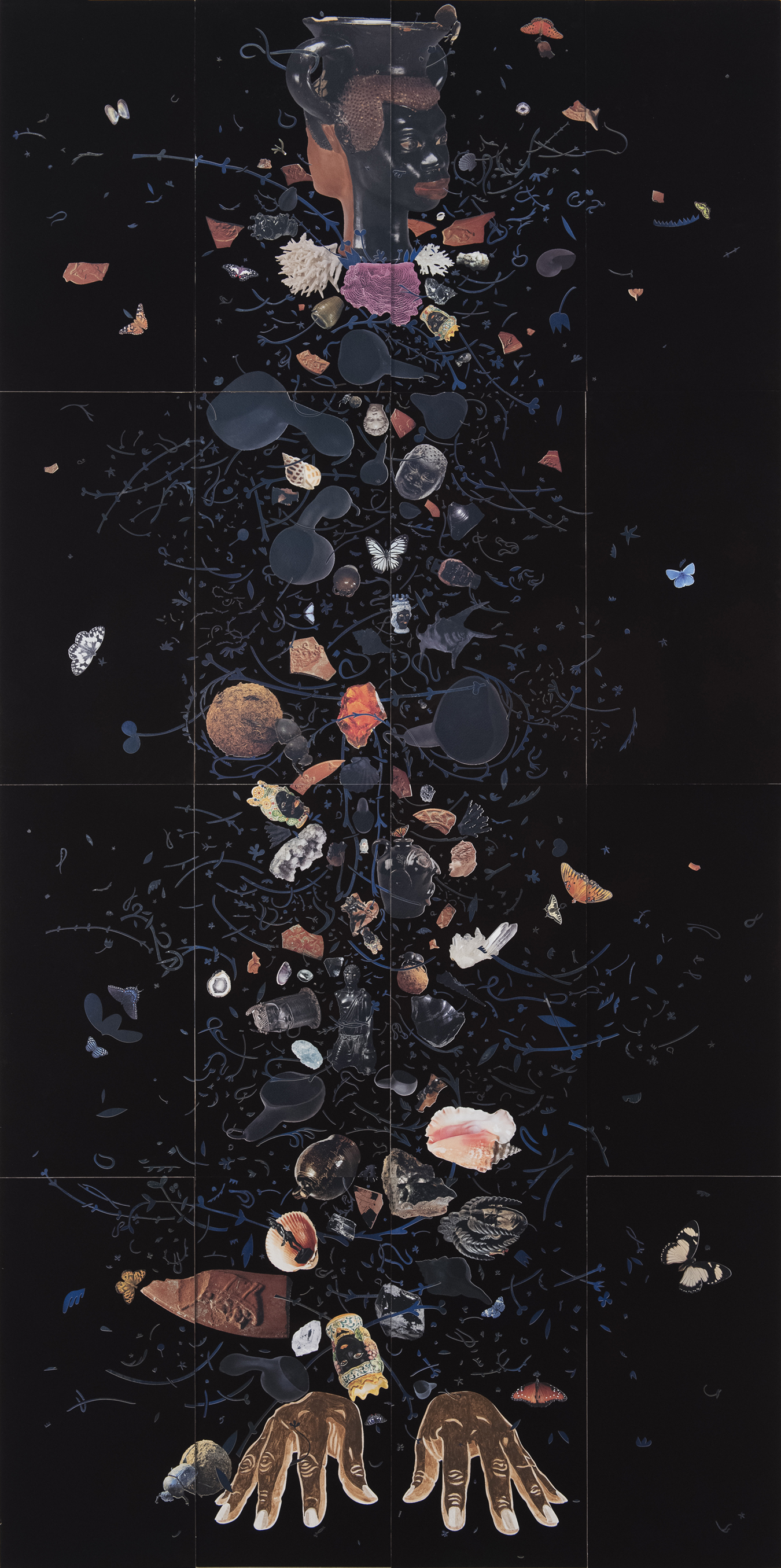William Villalongo
Associate Professor
William Villalongo was born in 1975. He lives and works in Brooklyn, NY. He received his BFA from The Cooper Union School of Art, MFA from Tyler School of Art at Temple University and attended Skowhegan School of Painting & Sculpture. His figurative paintings, works on paper and sculpture are concerned with representing the Black subject against notions of race exploring metaphors of mythology and liberation. His curatorial projects include American Beauty at Susan Inglett Gallery in 2013 and Black Pulp! touring nationally between 2016-2018 explore the intersections of politics, history and art. Villalongo is the recipient of the prestigious Louis Comfort Tiffany Award and the Joan Mitchell Foundation Painters & Sculptor's Grant. Villalongo was the 2022 Jules Guerin & Harold M. English Rome Prize Fellow in Visual Art. His work is included in several notable collections including the Studio Museum In Harlem, The Whitney Museum of American Art, Princeton University Art Museum and The National Gallery of Art. His work has been reviewed in Art In America, The New Yorker and the New York Times. The artist is represented by Susan Inglett Gallery, New York and is Associate Professor at The Cooper Union School of Art.
Villalongo received his BFA from the Cooper Union in 1999 and his MFA from Tyler School of Art & Architecture in 2001.

Caption: "Sphinx", 2023. Acrylic, velvet flock and paper collage on wood panel.
95" x 47 6/8 x 2 3/4". Courtesy of ©Villalongo Studio LLC




